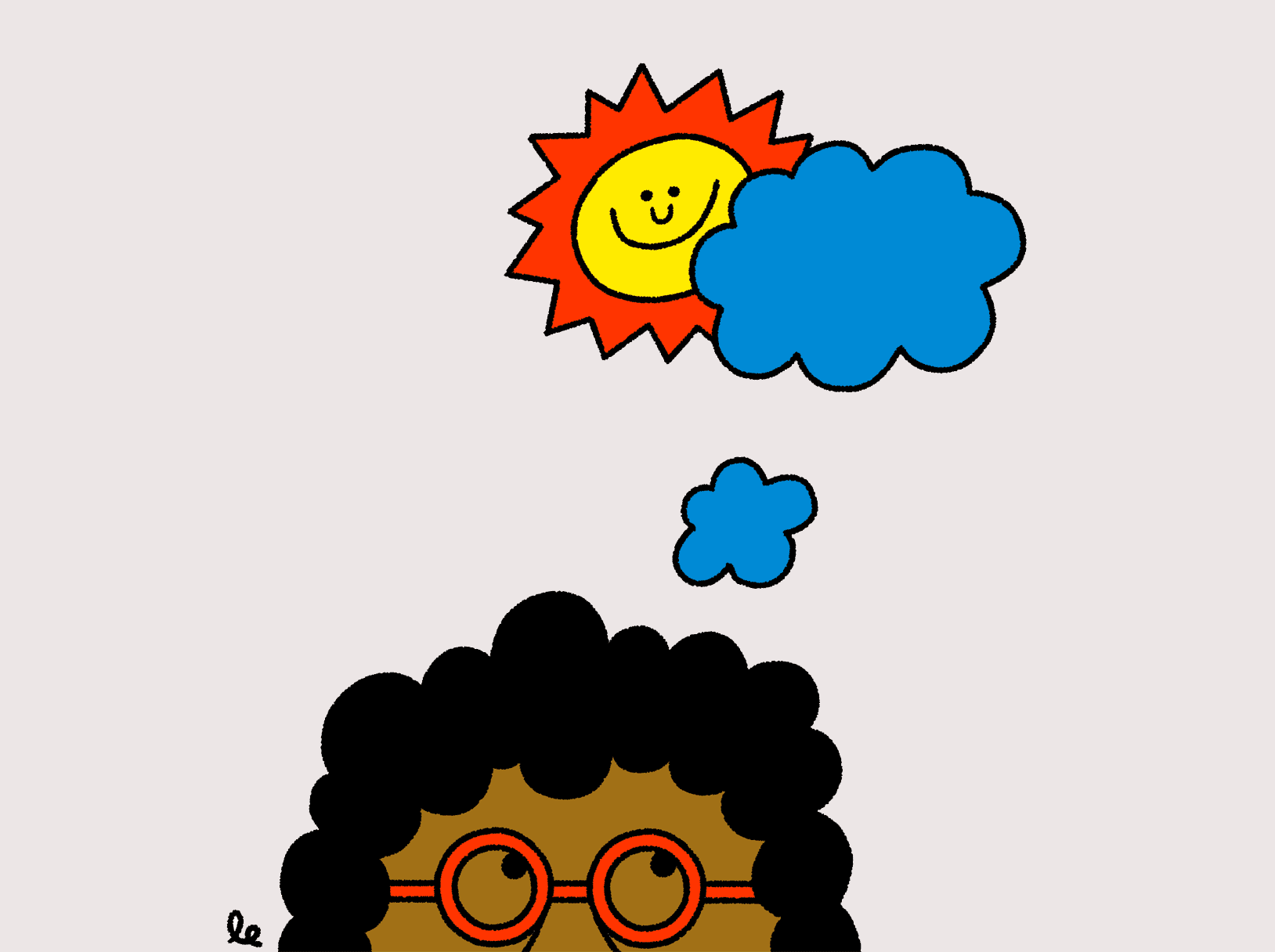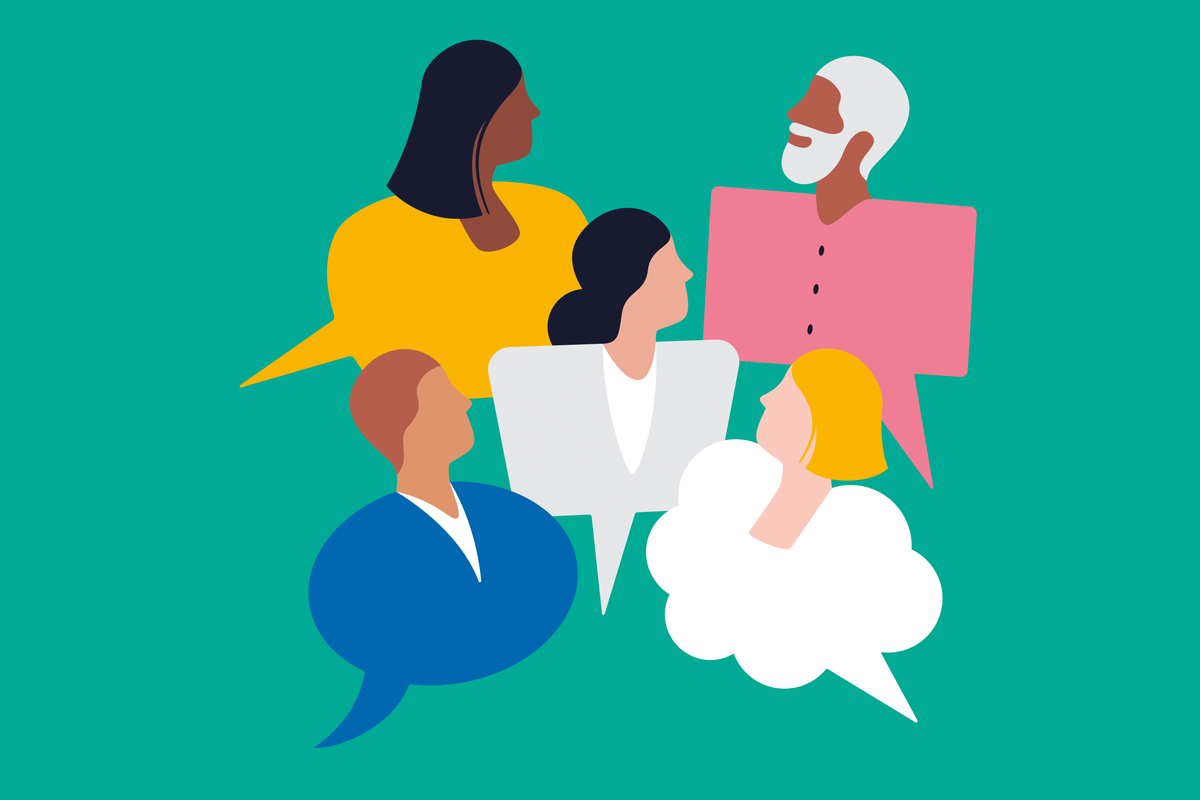All Resources
Six steps for finding focus and flow, with Mihaly Csikszentmihalyi in mind

Hungarian psychologist Mihaly Csikszentmihalyi led an extraordinary life. After a traumatic childhood under Soviet rule (and a chance encounter with Carl Jung) he devoted his life to the study of happiness, and became the founder and leader of ‘positive psychology.’ Sadly, he passed away in his California home in 2022 after decades of residency as a U of C professor. In honour of his research and resilience, we’d like to introduce you to his most famous work — flow.
In the zone; runners high; jeu d'esprit — a ‘flow state’ is a deep level of focus where productivity, passion and pleasure are intertwined. If you’ve ever lost track of time when working on a personal project, meeting a friend or finishing a book, it’ll be a familiar feeling. But is it possible to reach a flow state at work? And what can you do to bring more flow to life beyond the office?
Get ready to do as the flow pros do. Let’s dive in.
This could mean important for work, or a project that’s important to you. It’s easier to find flow in a task you love, but, with practise, it’s still possible for jobs you’ve been dreading.
Flow is reached when skill and challenge are equally matched. If the task is too easy, it doesn’t require much effort: too difficult and it's hard to lose yourself in it.
Are you a lark or an owl? Are you ecstatic in the morning and exhausted in the evening, or vice versa? Wherever and whenever you're at your peak, don’t waste it. Notice, note it, and set the time aside.
Finding flow takes time: you don’t want to have to search more than once. Hide your electronics (or at least switch them to airplane mode), find somewhere quiet, and limit your exposure to any disruptions.
This can take practise - If you’re really struggling to pay attention, a good place to start would be the Pomodoro Technique. Otherwise, keep trying; bring your focus back whenever you notice it’s wandered, and, most importantly, don’t beat yourself up when it does.
Flow can be hard to appreciate when you're in the moment; in fact it can be a distraction in and of itself if you’re not careful. But it's important to reflect, after the fact, on how good you felt. Csikszentmihaly called this ‘Intrinsic Motivation,’ where the motivation to revisit a task doesn’t stem from an external reward (like money for a job) but from an internal sense of satisfaction and wholeness.
Three Tips to Get the Most from Flow
Practise, practise, practise. Csikszentmihaly described flow as an almost euphoric experience - one where the body is a medium for the work. Anyone can achieve that, but not on the first go round. The only way to reap the full rewards of flow is to turn it into a habit, and, like any new habit, that takes time, patience and practise.
Create a ritual. Find music, places, breathing exercises, even smells that help you focus, and build them into a flow finding routine. If you’re a little stuck, try this playlist from Ben Watt (one half of musical duo Everything But The Girl); over ten hours of ambient and instrumental tracks to keep you in the groove.
Keep the internet out of it. Some disruptions are unavoidable, but turning to twitter is a sure-fire way to destroy the focus that could have been fixed. If you do need a break, try taking a quick walk instead.
Some further flow resources
Watch: Losing Yourself in Flow State (TEDx Talk)
Former concertmaster turned keynote speaker Diane Allen was sure that her ‘out of body,’ flow-ments came from playing violin. But after she froze on stage before a solo, she realised it came from sharing; sharing music, sharing emotion, sharing together. Her brilliant TEDx talk unpacks the importance of discovering what truly makes you love what you do, and channeling it into your work. Watch the whole thing here.
Read: Robert Twigger on Micro-Mastery
Ambition is great, but set yourself a challenge that’s beyond your skills and you’ll have a difficult time finding flow. If, for example, you want to run a marathon, attempting the full 26 miles on your first day of training is only going to dishearten you. We need to become, as Twigger calls it, micro-masters, and find flow in the smaller steps that build to a bigger goal. You can read his article here, but, if you’re keen to put micro-mastery into practise, sign up for our coming conversation with brain expert Ian Robertson - back by popular demand.
Listen: The Man Himself on Flow and Happiness
Csikszentmihalyi’s 2004 TED talk works just as well as a bitesize listen. Here he walks us through his research on happiness and wealth, his humble origins and the motivations for his work. It’s great for a morning commute or a quick burst of motivation.
Read: Flow and Good Business by Mihaly Csikszentmihalyi
For a truly deep dive into flow, go right to the source. Csikszentmihalyi’s seminal 1990 work has been cited by world leaders, musicians, F1 drivers and superbowl winning NFL managers alike as a masterpiece of positive psychology, but his 2003 work on flow in business, management and leadership is a true sleeper-hit. We recommend them both - Flow and Good Business.


























































































































































































